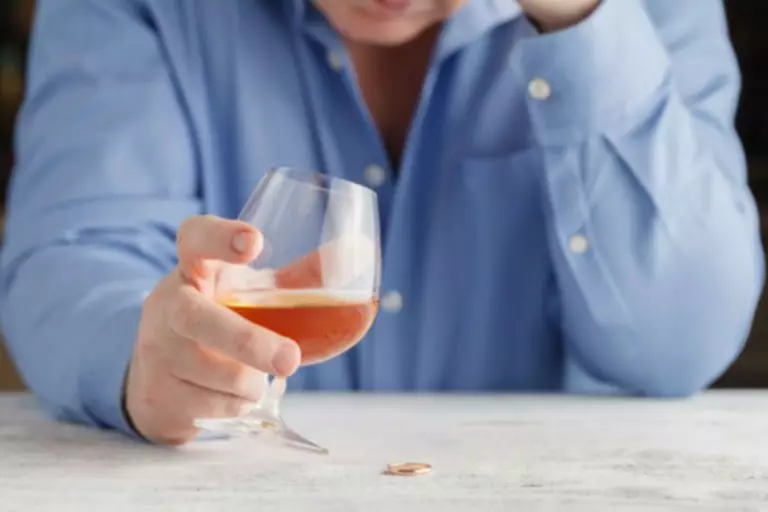
Overall, exhibiting one or a combination of the above factors can increase your chances of becoming angry when intoxicated. If formal rehab seems too much, starting with an AA support group can help. These groups provide a supportive, non-judgmental space to discuss issues, an important step in recovery.
Common Emotional Experiences While Drinking
The study suggests that many people also try to exorcize anger with physical exertion, which can offer health benefits but may not lighten the mood in the moment. The long-term health risks of drinking include liver and heart disease, a weakened immune system and several types of cancer. Studies have also shown that drinking large quantities of alcohol in one sitting or even a single drink a day can raise blood pressure.
How Anger and Alcohol Contribute to Domestic Violence
Emotional states such as anger, frustration, and hostility are said to lead an individual to perform expressive murders. In this context, alcohol is said to be the credible factor leading to emotional loss and instability and eventually leading to expressive-based murders. A national study of 16,698 inmates found that alcohol had a stronger role in violent offending such as homicide, physical assaults, and sexual assaults compared to offenses such as burglary and robbery.
Just how bad is alcohol? Eight experts weigh in on the risks and supposed benefits of drinking
There’s no better way to put it — properly addressing alcohol-fueled aggression is crucial for your well-being and relationships. By seeking recovery for problems with alcohol and anger, you can work toward a more positive life. No matter the reasons behind feeling anger when drinking alcohol, such behavior can be harmful. By consistently becoming angry or belligerent when you drink, you put yourself and others at risk. Therefore, seeking a solution for alcohol-related aggression is essential for your future health and safety.

How to Deal With Withdrawal Symptoms
- Plus, alcohol-related rage and aggression are tied to intimate partner violence, verbal and physical abuse, sexual assault, violent crimes, verbal and physical altercations, and more (1).
- This was a massive study of 33,215 individuals with no history of active military combat.
- People who tend to ignore the future consequences of their behavior, or score low on the Consideration of Future Consequences (CFC) scale, have been found to display more aggression.
In Vancouver, we honor the Musqueam, Squamish, and Tsleil-Waututh Nations. We strive to create an inclusive environment for all while recognizing the historical and ongoing relationship between these Indigenous communities and their lands. I offer a no-charge consult call to anyone who has questions anger and alcoholism about their own substance use, or the substance use of a family member. These calls are completely confidential with no pressure to make a decision before you feel entirely ready. I’ve worked with clients all along that spectrum and each one has different goals, motivations, and timelines.
- Another great way to work through your anger while becoming one with yourself and your body is through yoga and meditation.
- Understanding the psychological impact of these physiological changes is crucial for individuals in early sobriety.
- The notion that drinking may somehow improve health, they said, is misguided.
- Nothing contained in this site is or should be considered or used as a substitute for professional medical or mental health advice, diagnosis, or treatment.
- Others struggle for quite a while as they learn to feel their emotions and heal from traumas that occurred before or during their years of drinking.
What is Hepatitis C? Causes, Symptoms & Treatment
They also noted that men were highly aggressive toward the same gender, while women were aggressive regardless of gender. This indicated that alcohol-induced aggression affects both the genders in different ways, suggesting that men are likely to respond in a direct and indirect manner, whereas women exhibit aggression in an indirect manner. A slightly different finding to the previous study was seen in an investigation conducted by Hoaken and Pihl (2000). The researchers assigned the participants (54 males and 60 females) to compete in a competitive aggression paradigm in an intoxicated or sober state. This suggested that both the women and men can be equally aggressive and alcohol does not seem to play a prominent role in the gender biases in aggression. In Singapore, out of 253 homicide offenders, 141 individuals (56%) were suffering from AUD and 121 offenders (48%) drank alcohol within 24 h preceding their criminal offense (Yeo et al., 2019).

Alcohol and Domestic Violence

It’s sometimes easier for angry people to become aggressive when they’re inebriated. A slight annoyance may turn into an infuriating problem, thanks to alcohol. Typically, anger will lead to aggression unless something happens to resolve the situation. If an intoxicated person becomes upset because the bartender refuses to serve them, help from a friend might calm them down. If no one can defuse the tension, they may become an aggressor, escalating the situation to a violent one.



